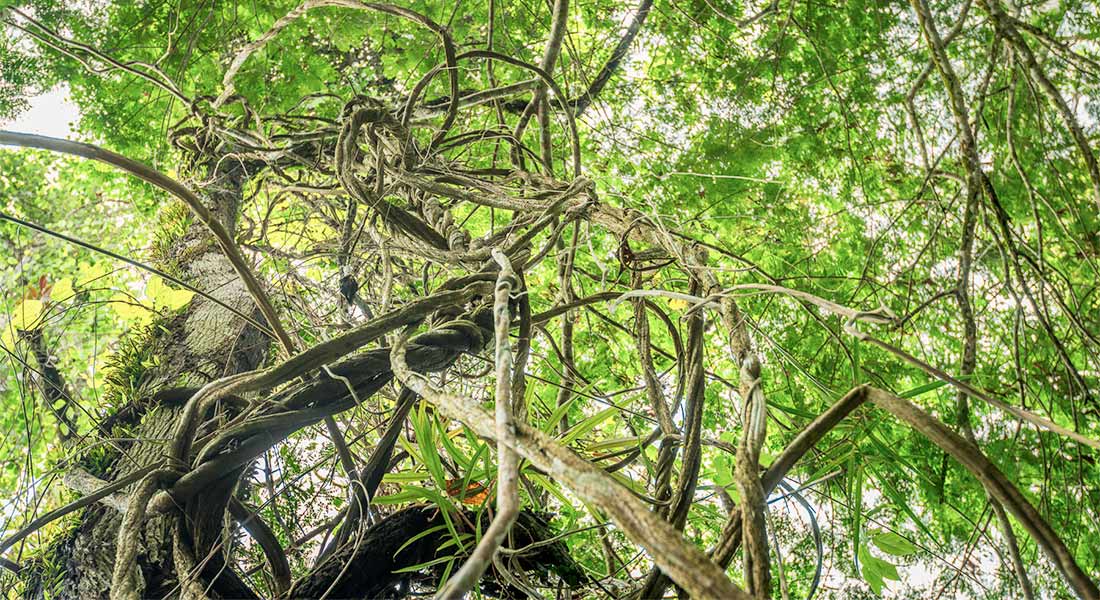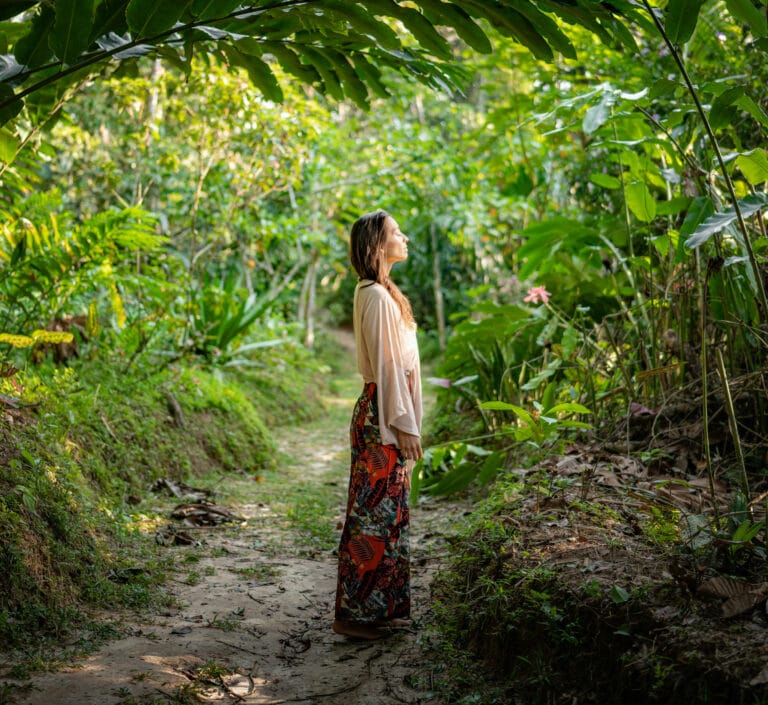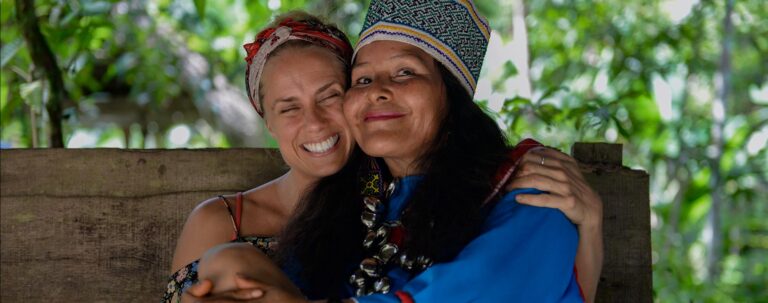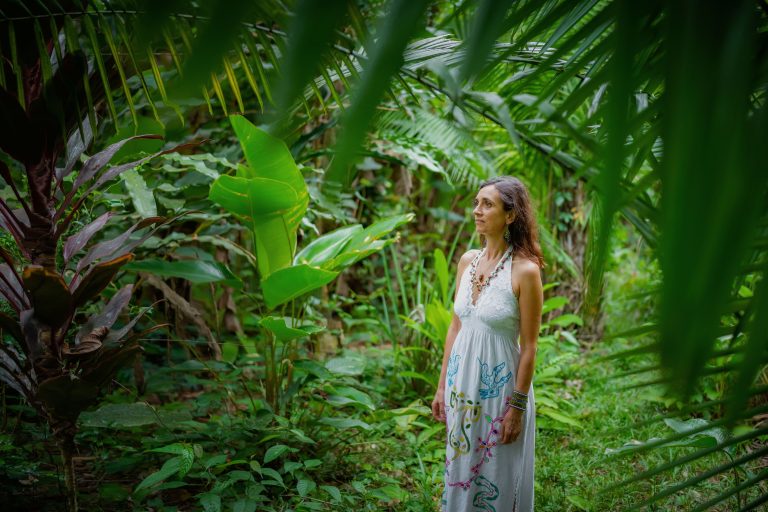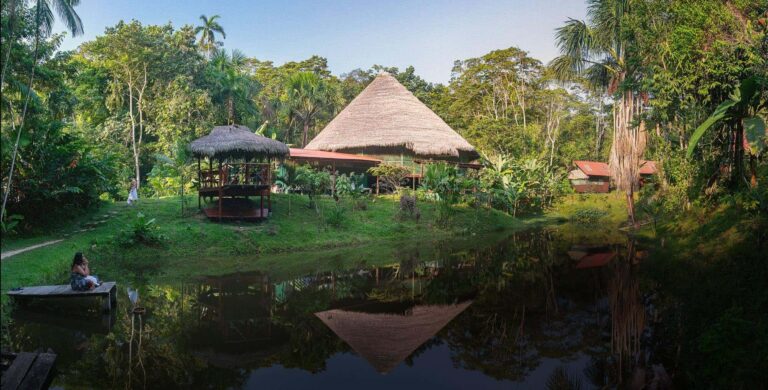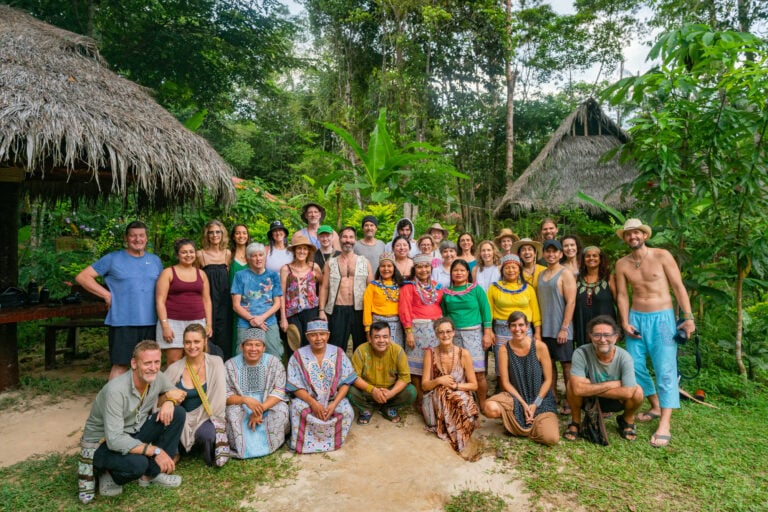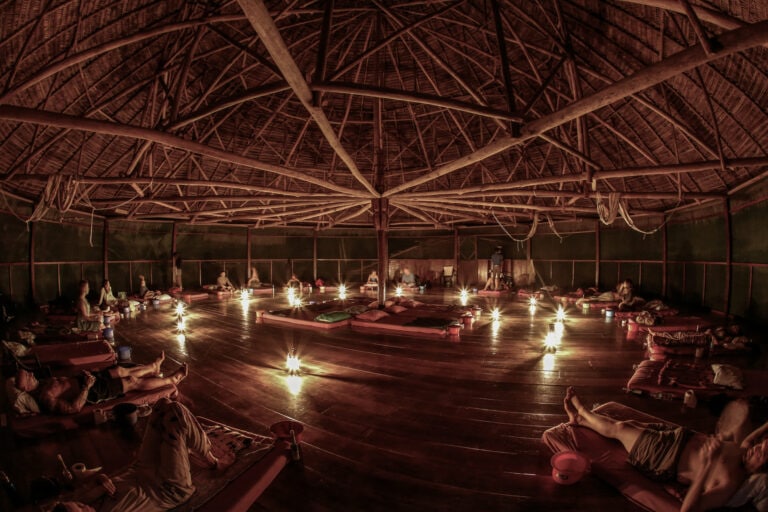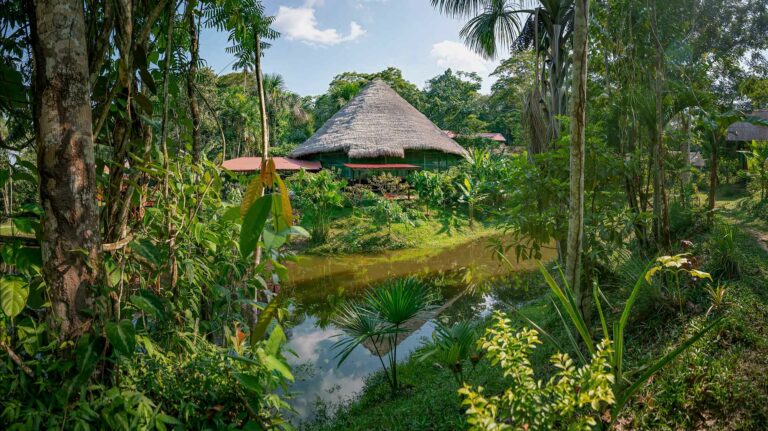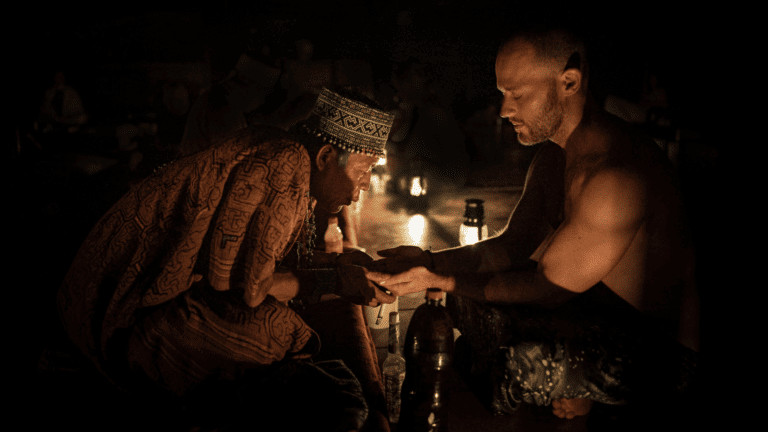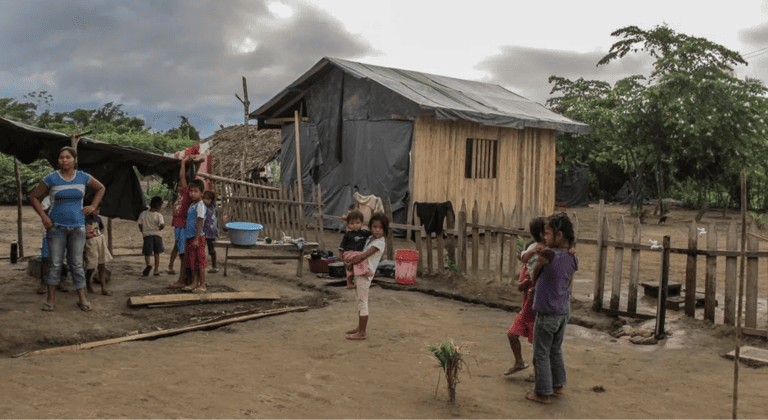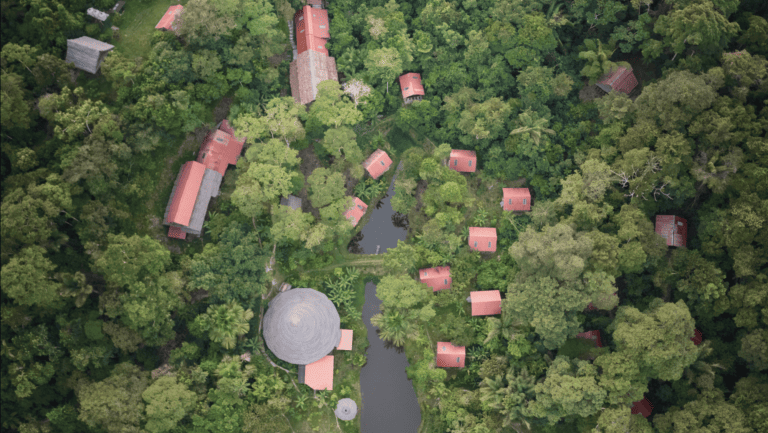Earlier this month, the Temple of the Way of Light was represented in an historical event: an academic symposium focused on the social uses and the political economy of ayahuasca.
This gathering took place during the V Congress of the Latin American Association of Anthropology, from June 6-9 2017 in the beautiful city of Bogota, Colombia. The carefully curated event brought together a diversity of perspectives from Latin-American countries and researchers, perspectives that are paradoxically under-represented within the global ayahuasca community.
Uniting anthropologists from Brazil, Colombia, Peru, Uruguay, Chile and Mexico, the symposium was a unique opportunity to address many of the issues that are often overlooked in academic circles, such as the complexities of the political economy surrounding the increasing globalization of ayahuasca, or the undeniable links between territorial rights and the integrity of many of the traditions from which ayahuasca originates.
Yagé, it should be noted, is the most common name given to ayahuasca-like preparations in northern Amazonia, notably along the Putumayo, Caquetá and Napo river basins. Yagé is one of dozens of local names that are used to refer to similar medicines, albeit with certain variations. As an example, most yagé preparations mix the Banisteropsis caapi vine, or ayahuasca, with the leaves of the Diplopterys cabrerana plant, also known as chaliponga or chagropanga. Oni, the Shipibo preparation that is shared at the Temple by Shipibo healers, is exclusively made by mixing the vine with the leaves of the Psychotria viridis, commonly known as chacruna.

During the presentation that inaugurated the first panel, the representatives of UMIYAC reminded us that, in their cultures of origin, the “Taitas” (the social role that could be paralleled to the one embodied by the Shipibo maestros), are not only the medics and healers but also the political leaders of their communities. “Taking yagé”, in this sense, is linked to the collective decision-making process and the strengthening of the territories and the identities, concepts that are deeply intertwined.
For indigenous people, the integrity of the territories where they live and the integrity of their cultural and spiritual identities are one and the same: “We drink yagé as a mechanism to consult our elders before accepting the presence of multinational companies in our territories. It isn’t only our land, but also our ways of knowing and being that are becoming contaminated.”

This presentation was hugely important because it brought a grassroots indigenous voice to a conversation that is increasingly focused on western perspectives on indigenous practices. It also gave a firsthand account, from a different region and from different Amazonian groups, of many of the issues that are at the heart of the work being done at the Chaikuni Institute, the sister organization of the Temple of the Way of Light, particularly around its accompaniment of Peruvian indigenous federations in the field of Environmental and Social justice.
The recognition of the territorial imperative for the continuity of indigenous cultures has been one of the driving forces of the Chaikuni Institute in the last few years. In line with the emphasis on the importance of self-determination, participative processes and a spiritual focus expressed by the leaders of UMYAC, the holistic model of the Chaikuni Institute supports projects that are defined by the needs and priorities expressed and communicated by the inhabitants of the Loreto region themselves.
As an example, Chaikuni has played an important role of accompaniment in different indigenous-led popular movements. In December 2016, with the participation of the Chaikuni Institute and after 117 days of mobilization in Saramurillo, 49 agreements were signed between indigenous federations and the Peruvian government. This symposium was a beautiful opportunity for the Temple to share some of the projects and ideas that we have been empowering –whether through our organic work or as partners with the Chaikuni Institute– as part of our commitment to help create true intercultural and reciprocal spaces in the social and cultural context of which we are part.
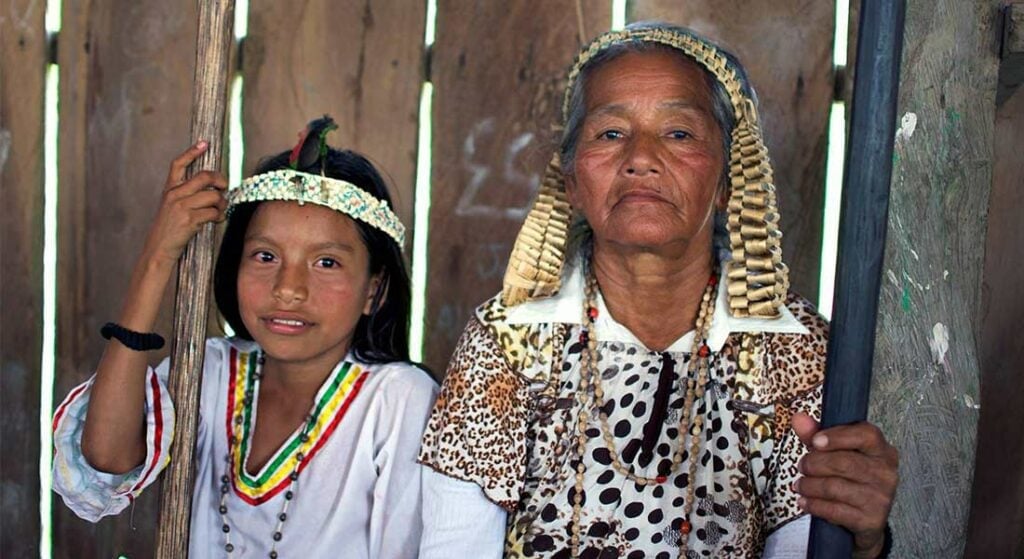
Adam Andros Aronovich, Communications and Research Coordinator at the Temple, presented a text titled “Feel-thinking with the plants: the potential role of ayahuasca towards a reciprocal and interdependent interculturality in the Peruvian amazon” (Published text in English here, Video in Spanish here), touching on the philosophy and practice that is at the heart of everything that we do at the Temple and Chaikuni: Sumaq Kawsay, or “Good Living”, and one of the pillars that guides life in many indigenous worldviews, the concept of Ayni, or reciprocity.
From a healthcare perspective, Sumaq Kawsay teaches us that it is not enough to focus on healing individual traumas or to ameliorate chronic depressions or anxieties in order to be minimally functional in a dysfunctional society, but that it is indispensable to go further and be willing to create new social structures that are in harmony and balance with all life on this planet. Sumaq Kawsay proposes that no one can be fully happy and healthy unless we are all happy and healthy: individual health is not independent from the health of our families, the health of our communities, societies and cultures. Our health is contingent with the health of the trees, the rivers, the forest and the ecosystems that we inhabit.
Weaving together the need that many of us have for the deep healing and transformative experiences facilitated by the Temple with the need for better intercultural spaces and an enhanced sense of responsibility towards each other and the Earth that form the core of Chaikuni’s mission, we hope that our contribution helped bring the concept and practice of Ayni to the awareness of more people in the ayahuasca research community.
Furthermore, we feel happy and encouraged by the reception that our presentation had from the participants of the symposium, including the Inga and Cofan representatives who expressed their sincere wishes to visit the Temple during an upcoming trip to Peru, a beautiful opportunity to mutually fertilize and cross pollinate among different traditions and diverse approaches. We are really looking forward to this opportunity to share and learn from our friends from UMIYAC.
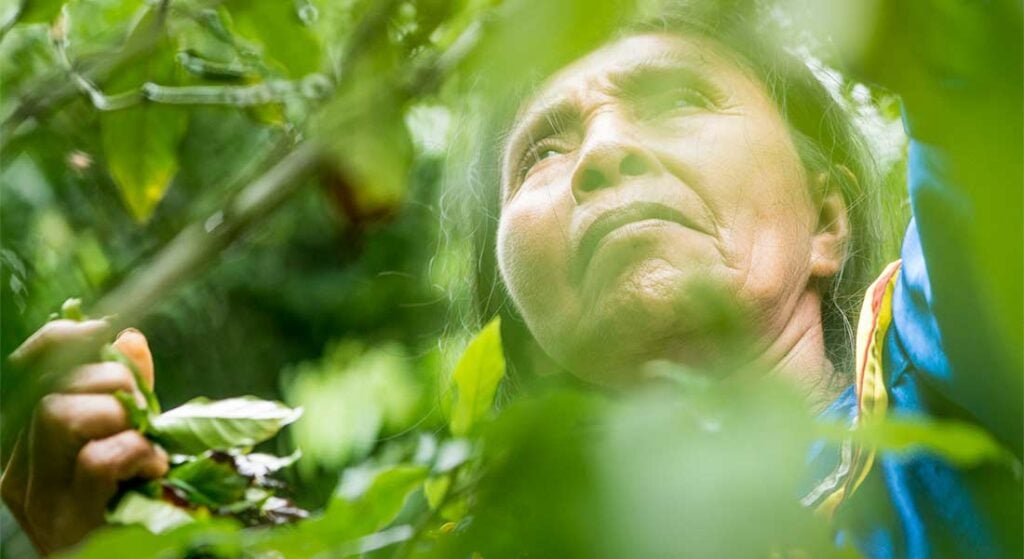
As we have said in the past, we reiterate our commitment towards the sacred practice of reciprocity in action, and we look forward to lead the way into novel approaches and conversations about how plant medicines can be fully incorporated into our next-paradigm healthcare systems while maintaining the integrity of the cultures and traditions where they originate, the health of the communities where these medicines are still pillars of daily life and the balance and harmony of the ecosystems and environments that sustain them.
Lastly, we would like to extend our warmest wishes and gratitude to Bia Labate and Alhena Caicedo, curators of the wonderful program of the symposium, for inviting Adam and the Temple to be a part of this historical event. We would also like to extend our gratitude to Sarah Kerremans, director of the Chaikuni Institute, for her invaluable input during the preparation of this presentation, and we look forward to future collaborations.
With love, respect and commitment to our ayahuasca family,
The Temple of the Way of Light.
